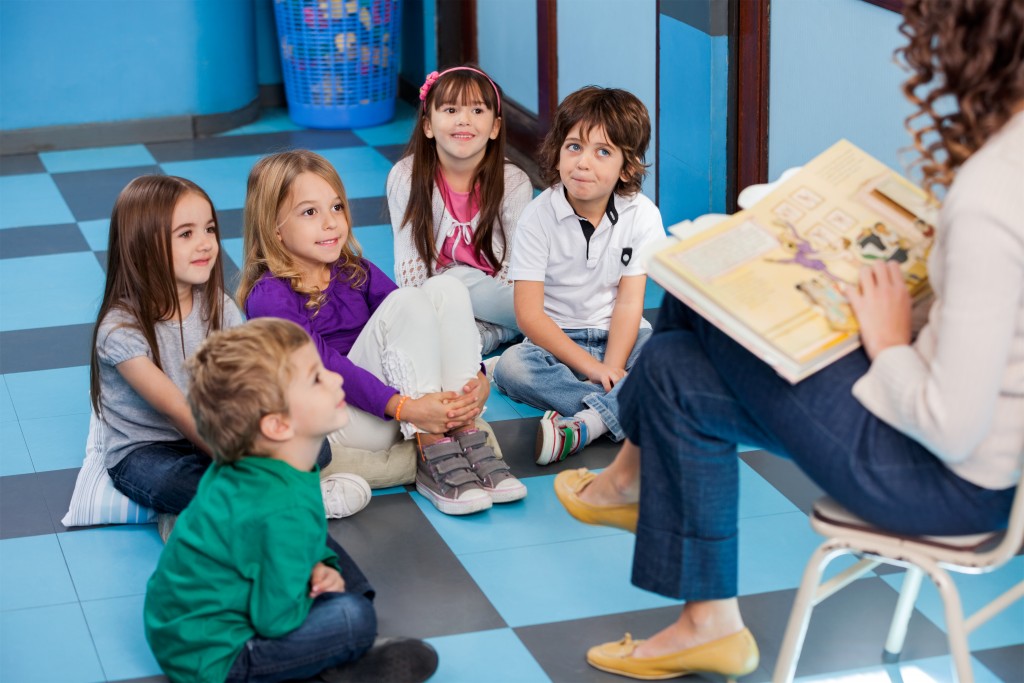- Summer can be an enjoyable and educational experience for young children with the right guidance.
- Enrolling in summer camps or taking summer classes are great ways to learn new things and develop relationships with adults.
- Exploring hobbies such as building, drawing, gardening, or cooking can help kids express their creativity.
- Reading helps children develop language skills, comprehension, and imagination.
- Educational outings offer an opportunity to explore the world and bond with kids.
Schools are out, and summer is here! While it is a time for most kids to kick back, relax, and have fun, the break does not have to mean an end to learning.
Summertime can be both enjoyable and educational for young children. With a bit of guidance and structure, parents can help cultivate a productive and educational summer for their kids. Here are some tips to help you get started.

Enroll in Summer Camps
Summer camps are an excellent way for children to learn new things and meet new people while having fun. For instance, science or computer camps can cater to children interested in technology. In contrast, sports camps can help kids with athletic interests improve their skills. Many camps offer a combination of activities, such as outdoor games, arts and crafts, and music, alongside academic learning, ensuring that campers have a well-rounded experience.
Sense of Independence
In addition to helping children expand their horizons, summer camps can give them a sense of independence and responsibility. By attending camp without the guidance of parents, children learn to take control of their own lives and develop critical social skills.
Develop Relationships
Moreover, since many camps are staffed by trained counselors who understand the needs of children, this is also a great opportunity for children to develop relationships with knowledgeable and supportive adults.
Take Summer Classes
Summer classes are another excellent way to keep young brains sharp during the break. Most schools and colleges offer specific summer classes tailored to different ages and academic interests. These classes can teach children about various subjects, from music and art to math and science.
New Interests
Summer classes can also be a great way for kids to explore new interests that they may have yet to have the chance to learn about during the school year. Additionally, many summer classes offer students real-world experiences such as field trips or guest speakers who can give them valuable insights into their chosen subject.
Musically-Inclined Kids
For instance, parents of musically-inclined children can enroll their kids at a reputable company offering kids’ music lessons. The company should teach and instill a passion for music in the children. It should also allow the kids to show their new skills at a recital or music festival.
Get Creative
Summer provides ample time for children to explore their creative sides. Instead of spending countless hours playing video games, parents can encourage their kids to pick up a hobby or interest like building, drawing, gardening, or cooking.
Imaginative Skills
Arts and crafts are another excellent options to challenge your child’s imaginative skills. Making friendship bracelets, origami figures, or painting art can help children express themselves and have fun.
Care for Nature
Gardening is also a great way to teach your kids about nature and how to care for plants. If you don’t have a backyard, many indoor houseplants will keep them entertained while teaching important lessons about responsibility and nurturing.
Read, Read, Read
One of the most basic ways for parents to keep their kids busy and educated is to encourage reading. Reading helps children to develop language skills, comprehension, and imagination. Depending on your child’s interest, encourage them to find books, comics, and magazines that pique their interest and be there to chat and explore their reactions.
Self-Confidence and Resilience
For younger readers, stories that promote values like resilience and self-confidence can be beneficial in promoting healthy development. Encouraging a regular reading habit also helps children to stay on track with their education, as they will have continued access to new information about the world around them.

Plan Educational Outings
Educational outings offer an excellent opportunity to explore the world and learn something new. City or state museums, outdoor parks, and public libraries provide exciting avenues for your child to explore the world. Parents should seek out educational opportunities that house exhibits, special programs, or traveling exhibits that could interest their kids.
Bonding with the Kids
Planning an educational outing with your child can be a great way to bond and discuss the topics. It’s crucial to find out what your child is most interested in before you plan the outing so that it will be fun and engaging for them.
Summer break should be fun and memorable for all children. With the proper guidance and attention, young children can benefit from an engaging and educational summer. Whether enrolling in camps, taking summer classes, exploring a new skill, reading, or visiting educational places, parents can help their kids stay curious by providing opportunities for learning and growth. Investing in your child’s intellectual development during the summer will keep them ahead of the curve when the cold season rolls around, and it’s back to the regular school year.


